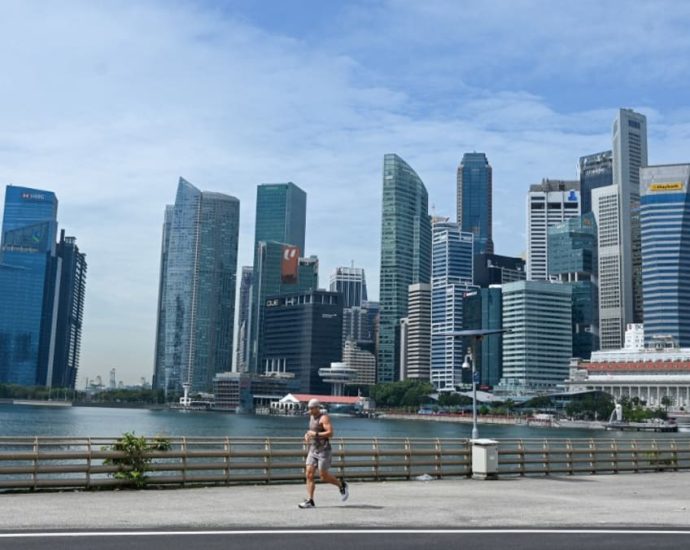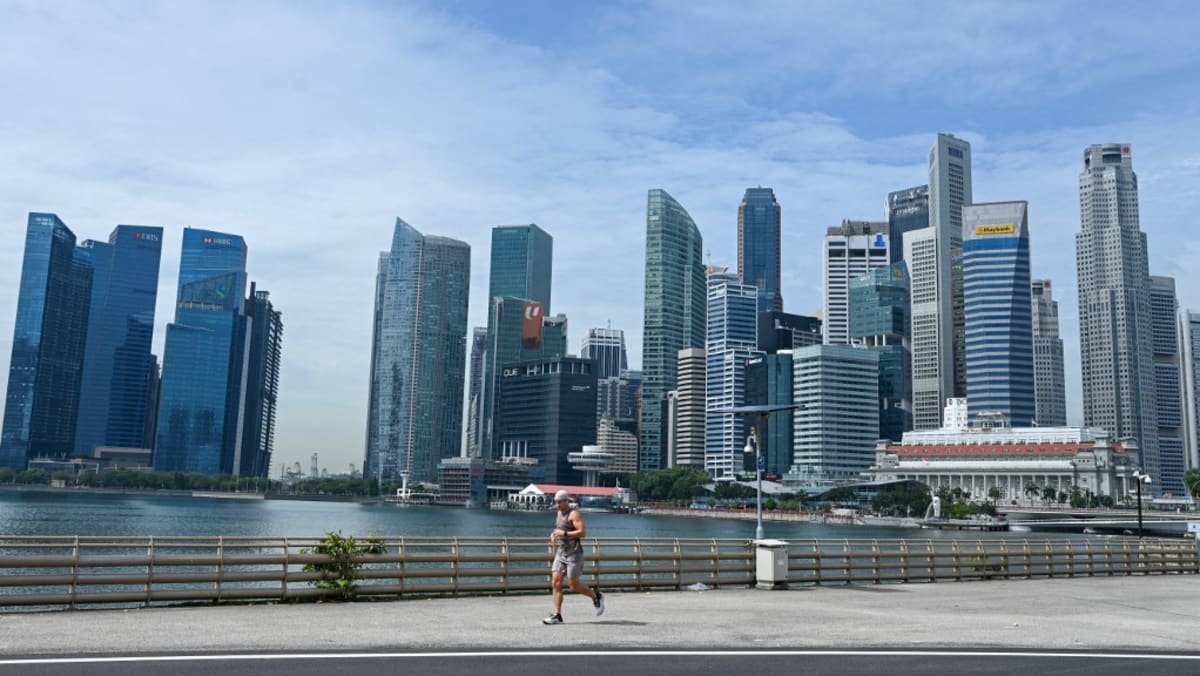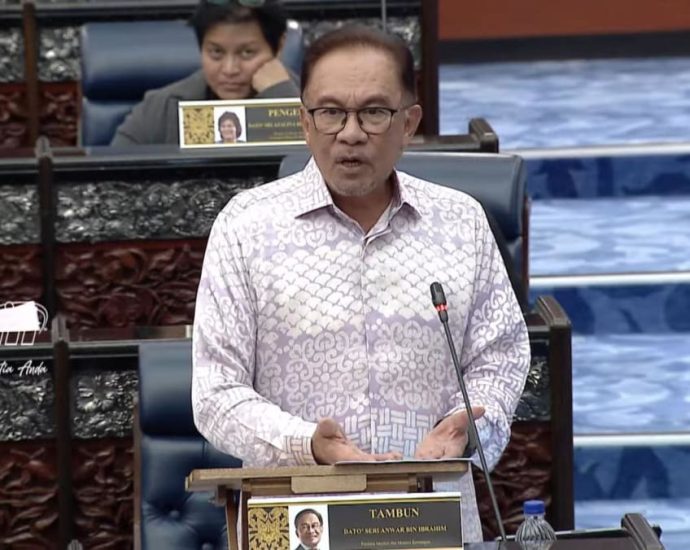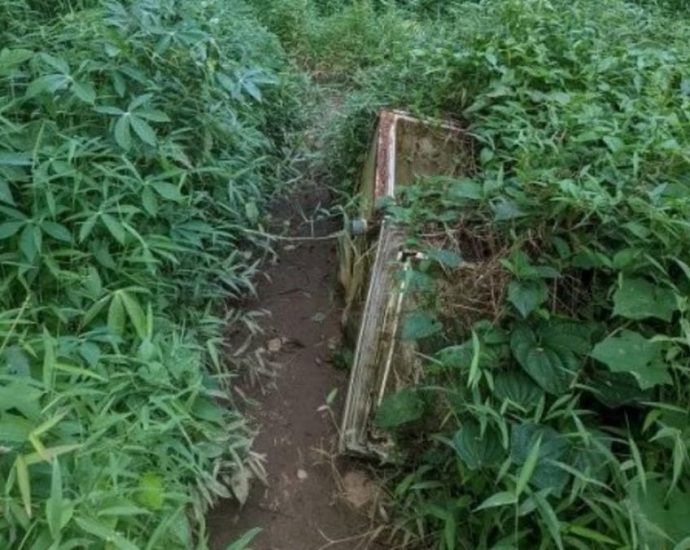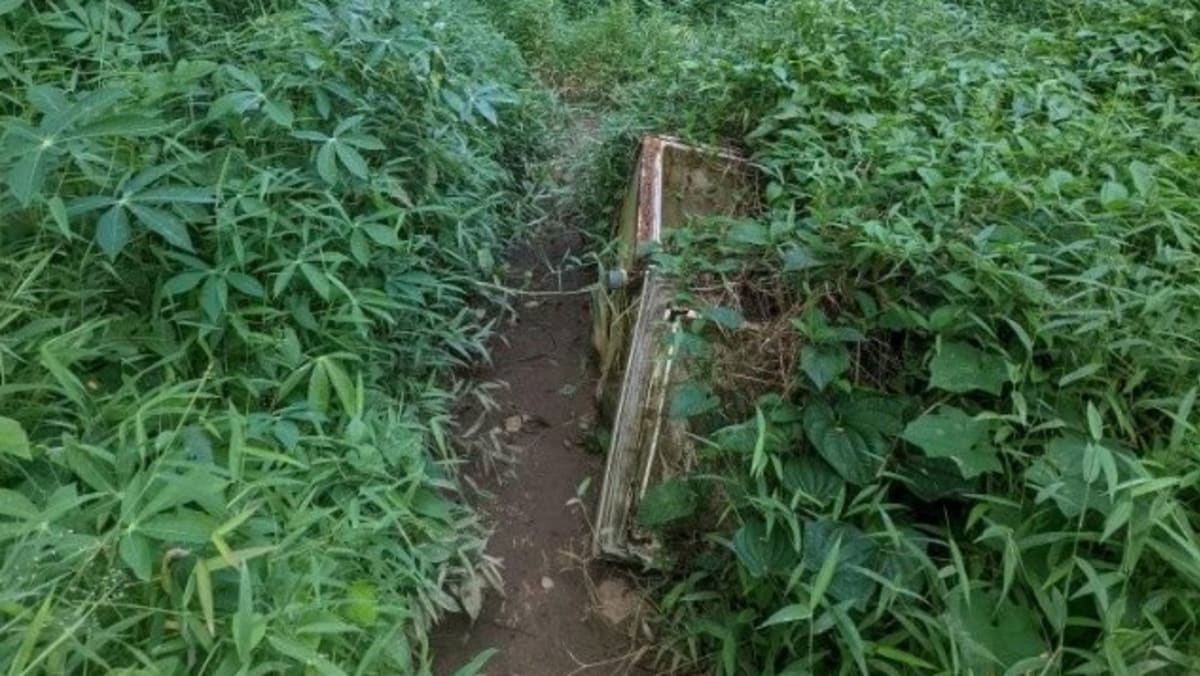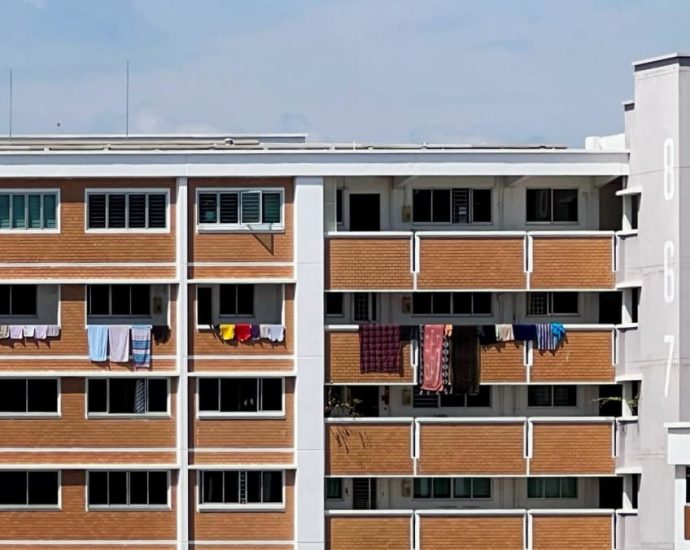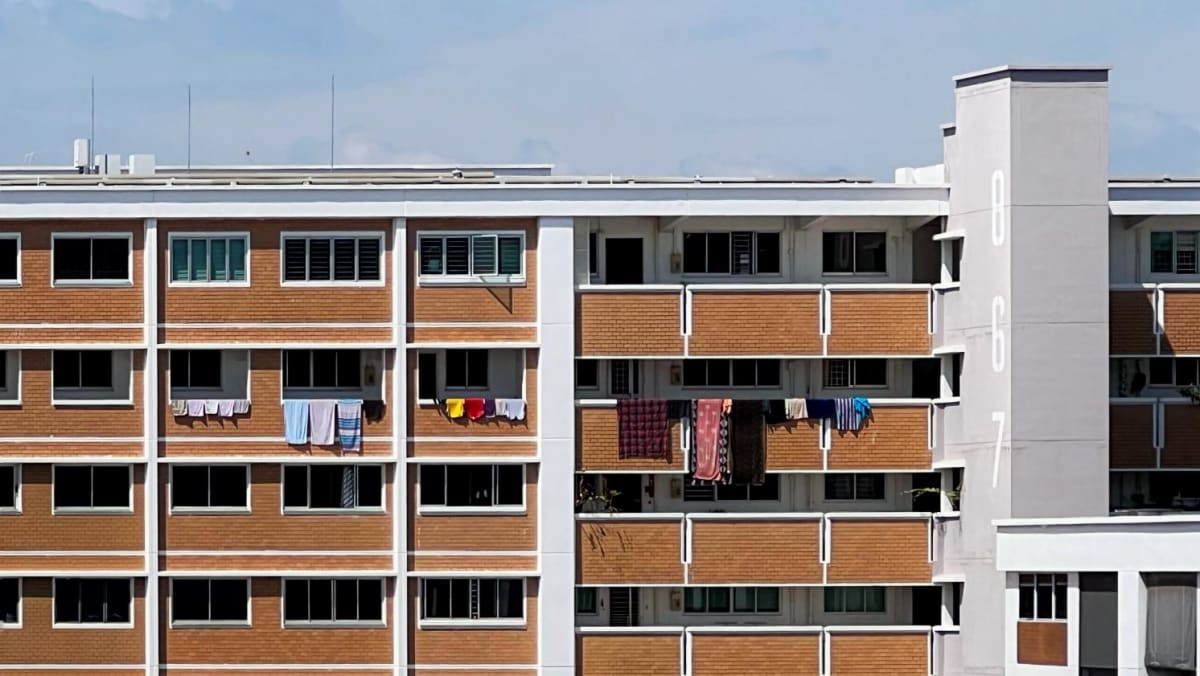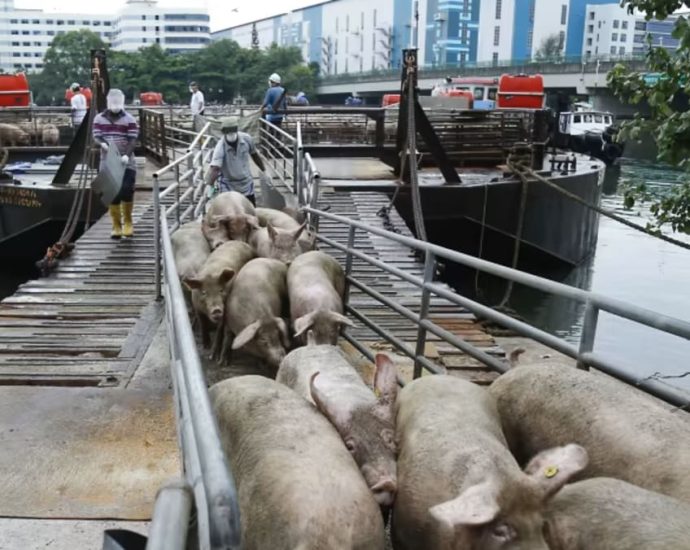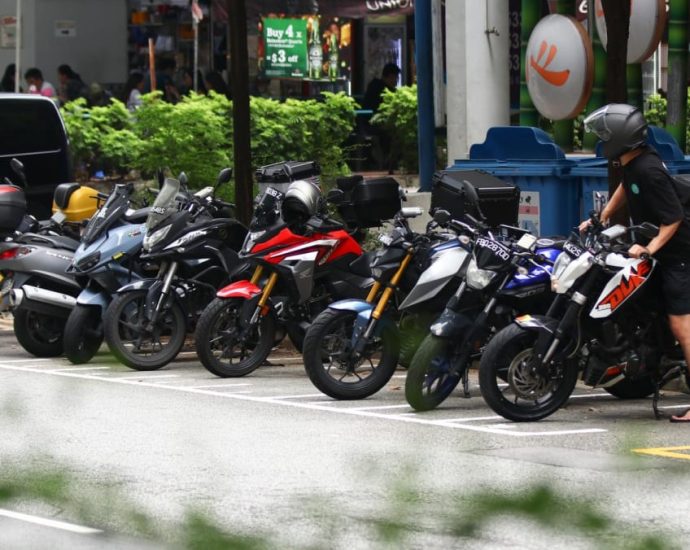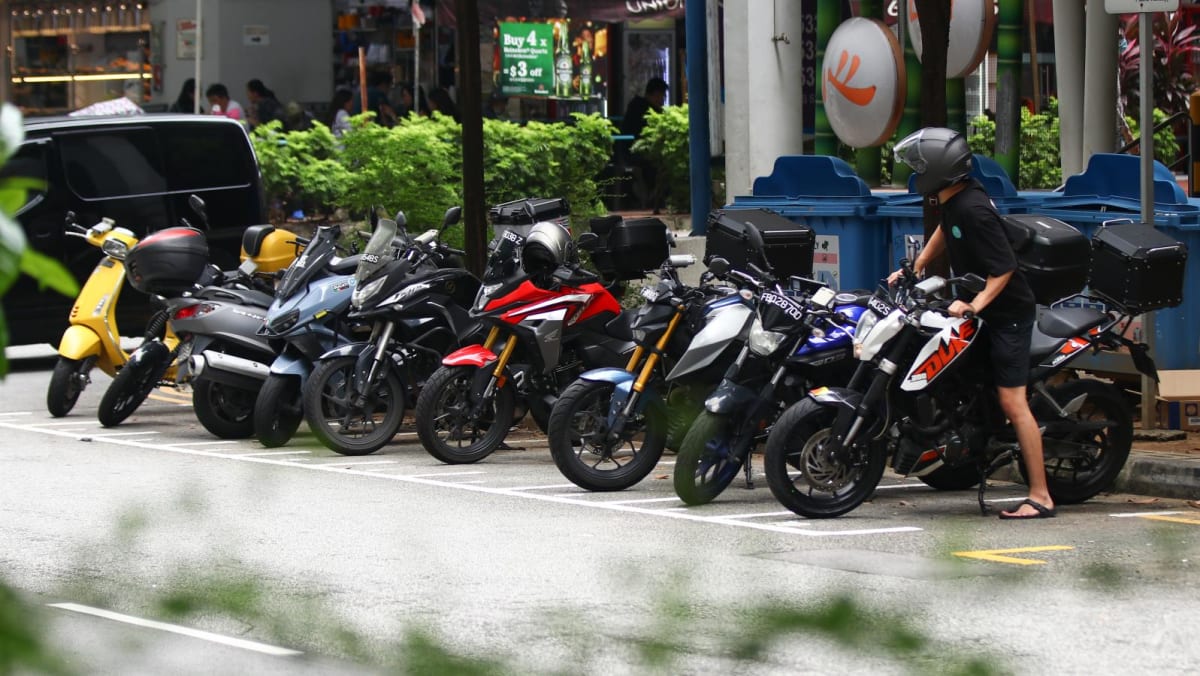New Bill to target online content suspected of use in scams, malicious cyber activity

SINGAPORE: A proposed law will allow the government to order the takedown of websites and online accounts suspected of being used for scams.
The new Bill, introduced in parliament on Monday (May 8), covers a range of criminal offences. But the threshold for taking action on one group of these offences – those relating to scams and malicious cyber activities – will be lower than the rest.
The Online Criminal Harms Bill tackles online content that is criminal in nature or used to abet crime, the Ministry of Home Affairs (MHA) said in a press release.
It covers nine categories of criminal offences relating to:
- Terrorism and internal security
- Harmony between different races, religions or classes of population
- Incitement to violence
- Breaches of the Official Secrets Act
- Drugs
- Gambling
- Moneylending
- Scams and malicious cyber activities
- Sexual offences such as child abuse and voyeuristic material
Scam and cybercrime cases rose by more than a quarter to hit 33,669 last year, with scam victims cheated of a total of S$660.7 million (US$498.6 million).
MHA said that more needed to be done to fight against online criminal harms given the “pervasive threat and grave impact” on victims.
“Scams and malicious cyber activities that are propagated online can harm many people in a short time. Numerous websites, online accounts, and content are created every day to facilitate such crimes.”
MHA said such content appears benign at first glance and that syndicates “operate at industrial scale, and victims can fall prey within minutes of the launch of a scam campaign”.
The proposed Bill will allow the government to take “swift action” against online criminal activity and proactively disrupt scams before they harm more victims, it said.
This is on top of public education efforts and the engagement of private sector stakeholders like banks and telcos.


